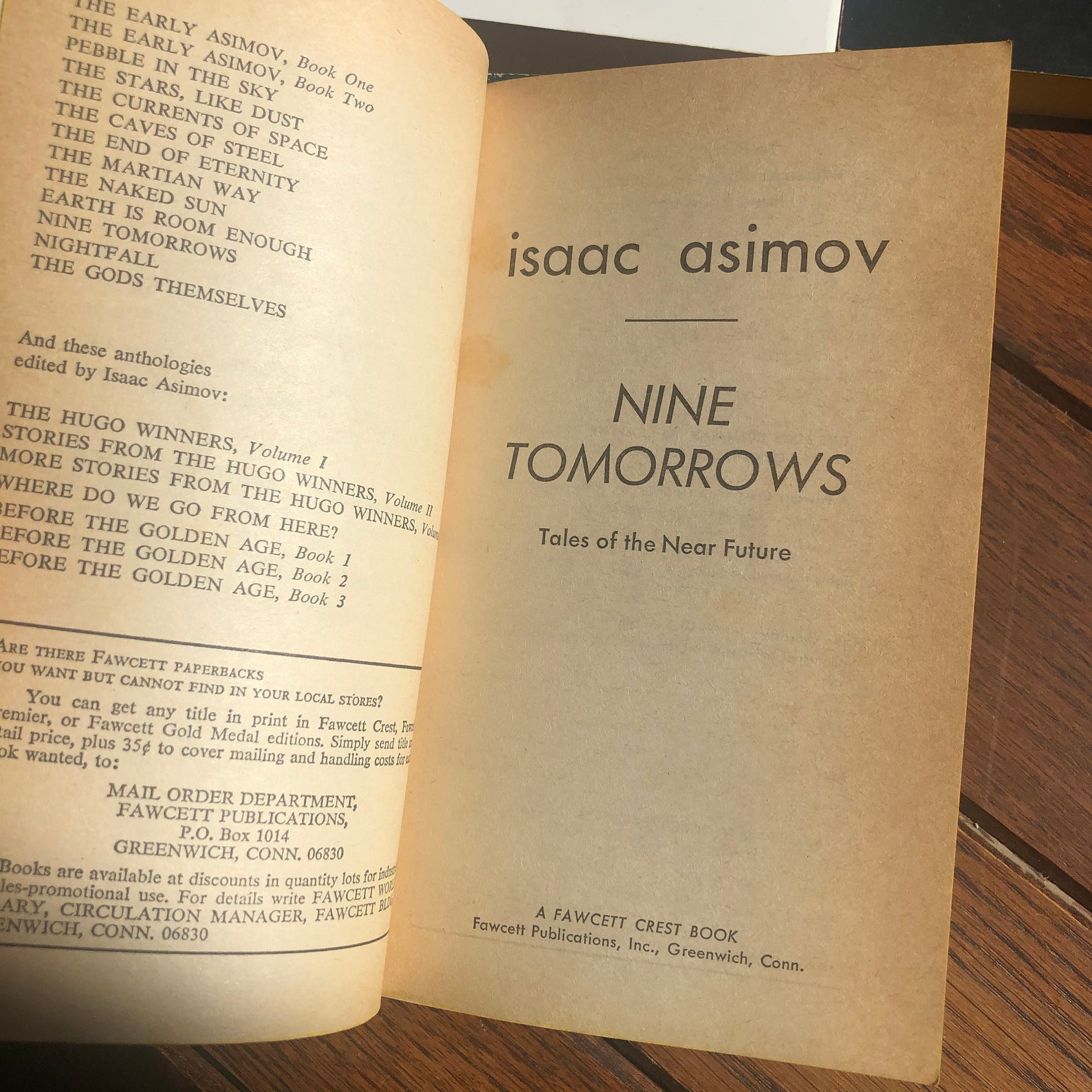

This sort of thing, however, should remain cultural and benign. I am a New York patriot, for instance, and if I lived in Los Angeles, I would love to get together with other New York expatriates and sing "Give My Regards to Broadway." I am all for cultural diversity and would be willing to see each recognizable group value its cultural heritage. But the heart of the story is Alexandra’s intense, enmeshed, love/hate relationship with her immature, impulsive and arguably insane mother, whom she describes at one point as “my true love.“The Earth should not be cut up into hundreds of different sections, each inhabited by a self-defined segment of humanity that considers its own welfare and its own "national security" to be paramount above all other consideration. The earliest moments of Alexandra’s life, including Viva going into labor in the hotel lobby, were captured on video by her father, Michel Auder, an experimental filmmaker.Īs you might expect, a lot of art world luminaries make cameos in the book, including Michel Auder’s second wife, the photographer Cindy Sherman. The book recounts Auder’s childhood growing up in the 1970s and ’80s in the grungy glory of Manhattan’s Chelsea Hotel, where she shared a tiny apartment with her mother, Viva, the Warhol underground film star, and her half-sister, Gaby Hoffmann, an actor. “Seeing Alexandra was sad - a big rug-rat hanging off Viva - she’ll probably turn out a mess.” But Alexandra Auder uses it as the epigraph for her impossible-to-put-down memoir, “Don’t Call Me Home,” a must-read for children of narcissistic parents. It takes guts and a sense of humor to kick off your debut memoir with an insult from Andy Warhol. “Don’t Call Me Home,” by Alexandra Auder (Viking) This cover image released by Viking shows "Don't Call Me Home" by Alexandra Auder.


 0 kommentar(er)
0 kommentar(er)
